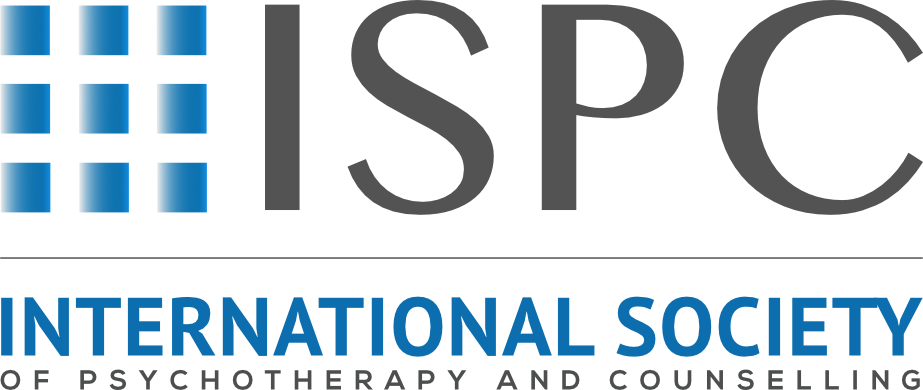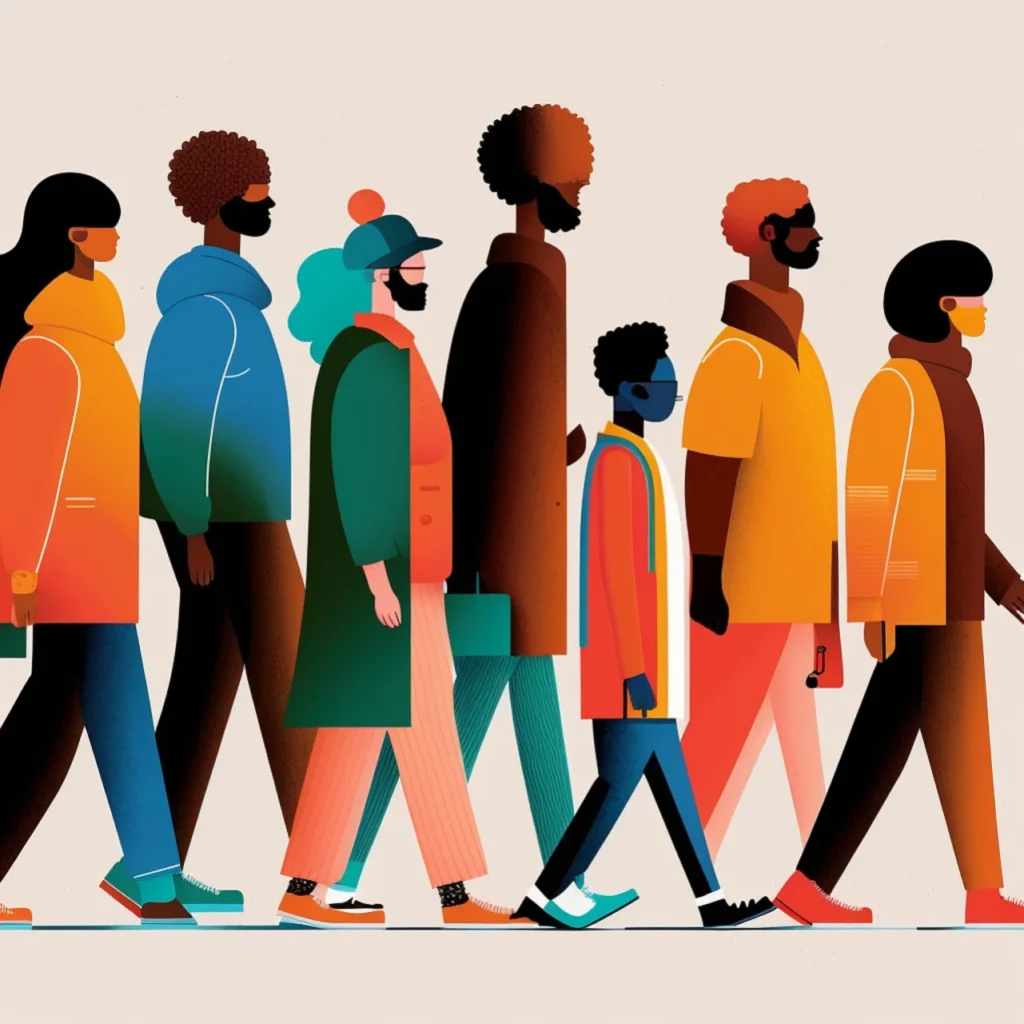Statistics, Strategies, and the Environment That Heals
Introduction
Addiction is a word that carries weight—heavy with stigma, pain, but also hope. In the UK, the journey through addiction and into recovery is shaped by more than statistics and strategies; it is defined by the stories of real people, the policies that guide services, and the environments in which healing is nurtured. To truly understand where we stand today, we must look at the latest figures, examine the government’s efforts, and, perhaps most importantly, explore how the counselling environment can hinder or help recovery. This post brings together the facts and the feelings, the data and the human experience, to offer an engaging look at addiction recovery in modern Britain.

The Scope of Addiction: Understanding the Current Landscape
Anyone who has travelled through addiction, whether personally or alongside someone they love, knows that numbers can never tell the full story. Yet, the stark reality behind the latest figures is impossible to ignore. In England and Wales, recent data shows that alcohol-specific deaths have reached the highest on record, with over 9,700 lives lost in 2023 alone. Hospital admissions related to alcohol have soared close to the million mark, and hundreds of thousands of adults are living with alcohol dependence—many suffering in silence, far from the reach of treatment services.
The picture is equally sobering when we look at drug misuse. Deaths related to drug poisoning have climbed to nearly 4,900 annually, and more than a quarter of a million people are in touch with drug and alcohol services across England. Opiates remain the primary challenge, but crack cocaine, cannabis, and other substances are significant contributors to the problem. The demographic trends are troubling: addiction is more common among men, those living in deprivation, and people with overlapping mental health issues. Meanwhile, the North East and North West of England consistently see the highest rates of harm, highlighting deep regional inequalities.
Addiction isn’t limited to substances, either. Gambling, often less visible but no less destructive, is affecting a growing number of people—particularly young adults, as online gambling becomes ever more accessible. Recent estimates suggest nearly a quarter of a million people in the UK are classified as problem gamblers, with many more at risk.
To better grasp the breadth and depth of the addiction challenge in the UK, it’s useful to highlight several key points:
- Alcohol-specific deaths and hospital admissions are at record highs, with over 9,700 deaths in 2023 and nearly a million alcohol-related hospital admissions in England.
- Drug misuse remains a major public health issue, with close to 4,900 drug poisoning deaths and over 275,000 people in contact with treatment services in 2023-2024.
- Gambling addiction is a growing concern, particularly with the rise of online betting; approximately 246,000 people are classified as problem gamblers in the UK.
- Addiction disproportionately affects certain groups, including men, those in deprived areas, and individuals with co-occurring mental health challenges, with noticeable regional disparities across England and Wales.
Behind every statistic is a story of struggle and, sometimes, survival. Public health authorities, charities, and the NHS have never been more aware of the scale of the challenge. Yet, despite these daunting numbers, progress is being made—slowly, sometimes unevenly, but undeniably.

Government Action: From Policy to Practice
Recognising the human cost of addiction, the UK government has made some significant moves in recent years. The “From harm to hope” strategy, launched in late 2021 and now in full effect, is the government’s most ambitious response in decades. This ten-year plan doesn’t just focus on breaking drug supply chains or getting tough on crime; it aims to deliver a world-class treatment and recovery system, reduce demand, and invest in prevention.
Money matters, and the government has committed substantial new funding—over £780 million for treatment and recovery services in England by 2025. This investment is supporting local authorities to expand their services, open more places in residential rehabilitation, and most importantly, recruit and train thousands of new professionals. It’s a recognition that addiction is as much a health issue as a criminal one, and that effective responses require a skilled, compassionate workforce.
Alcohol remains a parallel crisis. While the main strategy focuses on drugs, the government is also piloting new interventions to tackle alcohol misuse, particularly in regions with the highest harm. Initiatives such as Alcohol Care Teams in hospitals and community-based recovery hubs are being expanded, and there is renewed focus on early intervention and screening in primary care.
Gambling, too, is coming under greater scrutiny. The 2024 Gambling White Paper proposes tighter regulations for online betting, mandatory affordability checks, and increased funding for treatment services. It is a signal that behavioural addictions are finally being taken seriously.
One of the most encouraging shifts has been the government’s embrace of a public health approach. The creation of the Office for Health Improvement and Disparities (OHID) reflects a new understanding: addiction is a complex, multifaceted condition, best addressed through prevention, early intervention, and holistic care. There is still a long road ahead, but the direction of travel is promising.
To summarise, the government’s current strategies for addiction tackle several key areas:
- Breaking drug supply chains through tougher enforcement and disruption of criminal networks.
- Delivering world-class treatment and recovery systems by investing in local services, residential rehabilitation, and workforce development.
- Reducing demand for drugs and alcohol with prevention and early intervention programmes, especially in high-risk communities.
- Improving regulation and support for behavioural addictions such as gambling, with stricter controls and increased funding for treatment.
All these measures reflect a growing understanding that addiction is not just an individual failing or a criminal issue, but a complex health and social challenge that demands a compassionate, evidence-based response.
Counselling at the Heart of Recovery
Amid all these policy changes, the beating heart of addiction recovery remains counselling. For many, the word conjures images of quiet rooms and intense conversations—and while this is partly true, the reality is far richer and more varied.
Addiction counselling is a structured process led by trained professionals who help individuals explore the roots of their addiction, develop healthier coping mechanisms, and rebuild their lives. Counselling can take many forms: one-to-one sessions offer a safe, confidential space for deep reflection and healing; group therapy connects people through shared experiences; and family counselling works to mend relationships strained by addiction.
What makes counselling so effective is its ability to address the whole person, not just the symptoms of addiction. Many people who struggle with substance misuse or compulsive behaviours have histories of trauma, mental health challenges, or deep-seated emotional pain. Counselling helps to surface these underlying issues, offering new ways to manage stress, anxiety, and cravings.
The evidence for counselling’s impact is compelling. Recent studies suggest that people who engage in structured counselling as part of their recovery are significantly more likely to achieve long-term abstinence. NHS completion rates for treatment are much higher when counselling is central to the process, and people report increased satisfaction and hope.
However, it’s important to remember that counselling is not a “one size fits all” solution. Every journey through recovery is unique. The best services are those that tailor their approach, respecting the individuality of each person. Flexibility and compassion are essential ingredients.
The Counselling Environment: Why Where We Heal Matters
If the “what” of counselling is important, the “where” is just as crucial. Increasingly, research and lived experience tell us that the physical and emotional environment in which counselling takes place can make or break the recovery process.
For decades, addiction treatment was largely delivered in clinical settings—rooms that were often sterile, impersonal, and sometimes even intimidating. Many people found these environments off-putting, reinforcing feelings of shame or alienation. For those with histories of trauma, clinical settings could be actively triggering, making it difficult to open up or engage.
But this is changing. Recent studies by organisations like the British Association for Counselling and Psychotherapy highlight the transformative effect of more welcoming, “homely” environments. Clients report feeling safer, more respected, and more willing to participate in counselling when the space feels comfortable and non-judgmental. Features such as soft lighting, art, comfortable furniture, and even the presence of nature—plants or views of the outdoors—have been shown to reduce anxiety and foster trust.
This shift is more than aesthetic; it’s deeply therapeutic. When people feel seen as individuals, rather than “patients,” they are more likely to engage fully in their recovery. “Trauma-informed” environments, designed to avoid triggers and create a sense of safety, are especially effective for those with complex histories.
Across the UK, innovative services are putting these insights into practice. Recovery cafés, for example, offer informal drop-in spaces that blend peer support with professional counselling. Sessions might take place in a living room-style setting with tea and biscuits, rather than across a clinical desk. Outdoor therapy groups harness the calming power of nature, and many services are now designed to be culturally sensitive, welcoming people from diverse backgrounds.
All these changes speak to a simple truth: healing happens best when people feel comfortable, respected, and empowered.
Barriers to Recovery: What Still Needs to Change?
For all the progress, there remain significant hurdles on the road to recovery. Stigma is perhaps the most persistent obstacle. Despite growing public awareness, many people still feel deep shame about their addiction, or fear judgment from friends, family, and even healthcare professionals. This can prevent them from seeking the help they need, or from engaging fully with treatment.
Access is another major challenge. While government funding has increased, services remain patchy in some areas, with waiting lists for counselling still too long. Regional inequalities mean that people in deprived or rural areas often have fewer options. For minority communities and those with additional needs—such as co-occurring mental health issues or disabilities—barriers to access can be even greater.
There is also the risk that services become too standardised, relying on “tick-box” approaches rather than tailoring support to the individual. Addiction is a complex, personal journey, and what works for one person may be ineffective, or even harmful, for another. Services must remain flexible, creative, and above all, person-centred.
The workforce, too, faces challenges. Recruitment and retention of skilled addiction counsellors remains difficult, given the emotional demands of the work. Burnout is a real risk, and more must be done to support and value those working on the frontlines of addiction treatment.

Stories of Hope: When Counselling and Environment Combine
Despite these challenges, there are countless stories of recovery—proof that change is possible, given the right support.
Take Maria, a 38-year-old from London, who spent years cycling in and out of hospital due to alcohol misuse. It was only when she found a local recovery café, where the counsellor greeted her by name and offered her tea, that she began to believe in the possibility of a different life. “I felt human again,” she says. The warm, welcoming environment helped her drop her guard and engage in the hard work of recovery.
Or consider James, a 47-year-old from Manchester, who credits group therapy in a bright, art-filled room as the turning point in his journey away from crack cocaine. “It stopped feeling like punishment and started feeling like hope,” he recalls.
These stories aren’t isolated. Across England last year, more than 125,000 people completed drug and alcohol treatment successfully. Peer-led recovery communities, creative spaces, and trauma-informed services are making a real difference, one life at a time.
Looking Forward: The Future of Addiction Counselling in the UK
So, where do we go from here? The future of addiction recovery in the UK will be built on the lessons of the past, but it must also continue to innovate and adapt.
Scaling up what works is essential. This means more investment in training and supporting the counselling workforce, embedding trauma-informed and person-centred care in every service, and expanding access to non-clinical, community-based settings that foster genuine connection.
Addressing inequality must also be a priority. Outreach to underserved communities, co-producing services with people who have lived experience, and ensuring cultural sensitivity are all vital steps. Recovery should not be a postcode lottery, nor should it be limited by background, identity, or circumstance.
Integration is key. Recovery is rarely a straight path. Many people need support with mental health, housing, employment, and social connection, all alongside help for their addiction. Services must work together, breaking down silos and making it easier for people to get the holistic support they need.
Technology, too, has a role to play. The pandemic led to a surge in online counselling and peer support groups, which can be a lifeline for those in rural areas or those who are uncomfortable attending in person. Blended models of care are likely to become the new norm.
Ultimately, the most important message is one of hope. Addiction is a tough adversary, but recovery is possible—and it begins with the courage to reach out, the compassion of a skilled counsellor, and the safety of an environment designed for healing.
Conclusion: A Shared Journey
Addiction may be a lonely experience, but recovery is always a shared journey. The latest figures remind us of the scale and urgency of the challenge, but also of the resilience and strength within individuals and communities. Government strategies, increased investment, and new ways of working offer hope for a better future, but the heart of recovery will always be found in human connection.
Counselling, delivered in environments that are welcoming and respectful, remains the most powerful tool we have. When we listen to people’s stories, shape our services around their needs, and offer spaces where they feel truly safe, we unleash the possibility of lasting change.
If you or someone you know is struggling with addiction, remember: support is available, and recovery is possible. It may start with a single conversation—but it can change everything.
Useful Resources
- NHS Drug and Alcohol Services: Find local support
- Change Grow Live (CGL): National addiction support charity
- GamCare: Gambling support and counselling
- British Association for Counselling and Psychotherapy (BACP): Find a counsellor
References:
- Office for National Statistics (2023), “Alcohol-specific deaths in the UK: registered in 2023.”
- UK Health Security Agency (2024), “Drug misuse: findings from the NDTMS.”
- British Association for Counselling and Psychotherapy (2023), “Therapeutic Environments and Recovery.”
- HM Government (2021), “From harm to hope: a 10-year drugs plan to cut crime and save lives.”
- NHS Digital (2024), “Substance misuse treatment statistics.”
Please do get in touch with organisations such as The Samaritans here if you need further assistance for yourself or someone you know.
…
Please get in touch with us if you would like to add something to our site, news, stories and more








